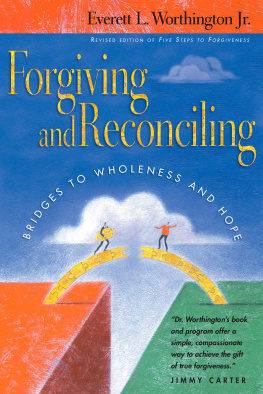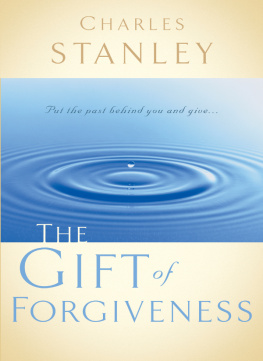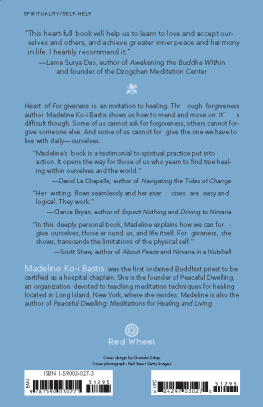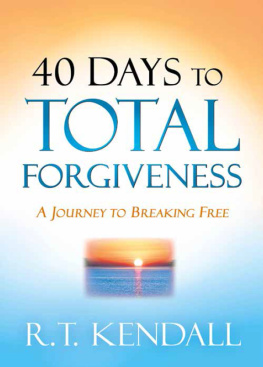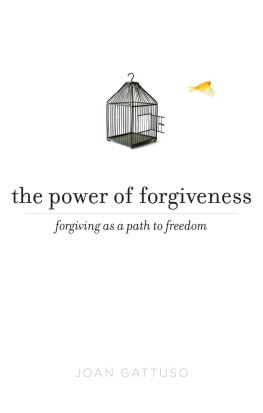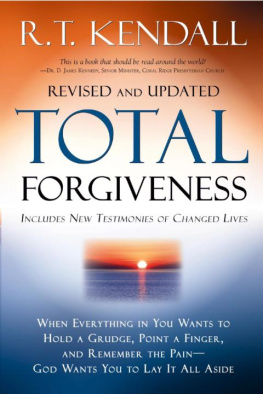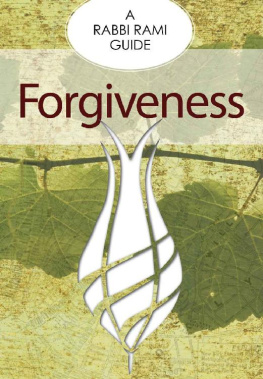
Also available from the
8 Keys to Mental Health Series
8 Keys to Raising the Quirky Child:
How to Help a Kid Who Doesnt (Quite) Fit In
Mark Bowers
8 Keys to Eliminating Passive-Aggressiveness
Andrea Brandt
8 Keys to Recovery from an Eating Disorder:
Effective Strategies from Therapeutic Practice and
Personal Experience
Carolyn Costin, Gwen Schubert Grabb
8 Keys to Parenting Children with ADHD
Cindy Goldrich
8 Keys to Building Your Best Relationships
Daniel A. Hughes
8 Keys to Old School Parenting for Modern-Day Families
Michael Mascolo
8 Keys to Practicing Mindfulness:
Practical Strategies for Emotional Health and Well-Being
Manuela Mischke Reeds
8 Keys to Safe Trauma Recovery:
Take-Charge Strategies to Empower Your Healing
Babette Rothschild
8 Keys to BrainBody Balance
Robert Scaer
8 Keys to Stress Management
Elizabeth Anne Scott
8 Keys to End Bullying:
Strategies for Parents & Schools
Signe Whitson
8 Keys to Mental Health Series
Babette Rothschild, Series Editor
The 8 Keys series of books provides readers with brief, inexpensive, and high-quality self-help books on a variety of topics in mental health. Each volume is written by an expert in the field, someone who is capable of presenting evidence-based information in a concise and clear way. These books stand out by offering consumers cutting-edge, relevant theory in easily digestible portions, written in an accessible style. The tone is respectful of the reader and the messages are immediately applicable. Filled with exercises and practical strategies, these books empower readers to help themselves.
8 Keys to Forgiveness
Copyright 2015 by Robert Enright
All rights reserved
First Edition
For information about permission to reproduce selections from this book, write to
Permissions, W. W. Norton & Company, Inc., 500 Fifth Avenue, New York, NY 10110
For information about special discounts for bulk purchases, please contact W. W. Norton
Special Sales at specialsales@wwnorton.com or 800-233-4830
Production manager: Christine Critelli
The Library of Congress has cataloged the printed edition as follows
Enright, Robert D.
8 keys to forgiveness / Robert Enright ; foreword by Babette Rothschild.
pages cm. (8 keys to mental health series)
Includes bibliographical references and index.
ISBN 978-0-393-73405-8 (pbk.)
ISBN: 978-0-393-73406-5 (e-book)
1. Forgiveness. I. Title. II. Title: Eight keys to forgiveness.
BF637.F67E567 2015
158.2dc23
2015017866
W. W. Norton & Company, Inc., 500 Fifth Avenue, New York, N.Y. 10110
www.wwnorton.com
W. W. Norton & Company Ltd., Castle House, 75/76 Wells Street, London W1T 3QT
To Thomas Walker of Mid-West Family Broadcasting
and the entire Walker family for supporting the forgiveness
work at the International Forgiveness Institute, Inc., and
the University of Wisconsin-Madison for decades.
Your persistence, vision, and unwavering support
are astounding. Thank you.
Contents
T he 8 Keys to Forgiveness is a team effort. Thank you, Babette Rothschild, for inviting me to be a part of this intriguing series. Thank you to the talented editorial staff at W. W. Norton: Andrea Costella Dawson, Benjamin Yarling, Margaret Ryan, and Kathryn Moyer. You have helped me to think more deeply about my chosen lifes topic of forgiveness. Jacqueline Song, your reading and discussing the manuscript with me has been invaluable. You have clarified my thinking. Dennis Blang, Director of the International Forgiveness Institute, Inc., you have done so much to advance the presence of forgiveness in the world and for that I am deeply grateful. The academic climate at the University of Wisconsin-Madison has been fertile ground which helped to bring forth the social scientific study of forgiveness. To my wonderful family, thank you for your great support: Shawn, Anna, Peter, Joseph, Kevin, Maria, and Jerome.
W hen I share my woes with one of my dear friends, who also happens to be a Buddhist, she is usually very quick to ask me, Have you forgiven... whomever it is I am irked by or complaining about. To be honest, I sometimes find this irritating. Its not that I am against forgiveness in principle. It is just that before I can forgive someone, I usually need to feel how angry, upset, disappointed, or hurt I am and have been. And, truth be told, I want to reserve the right to not forgive someone if that is my choice. However, I have to admit that this forgiving friend of mine is much more carefree than I am. She seems less bothered by behaviors that I might find irritating or insulting. She sleeps deeper and longer than I do. So I have to wonder, is she on to something in being so quick to forgive transgressors?
The tenth edition of Merriam-Websters Collegiate Dictionary defines forgiving as, allowing room for error or weakness, and to forgive as, to cease to feel resentment. Critical to Enrights approach is a clear distinction between forgiving and condoning or forgetting whatever injury has been done. He asserts, and I agree, that those are not at all the same thing. Forgiveness recognizes human frailty, that everyone can (and does) hurt others. But that in no way condones or excuses the hurting. And it does not free the perpetrator of responsibility for his or her actions or any owed reparation.
The benefit of forgiveness is often more for the one who is hurt. Resentment and bitterness exact a cost on the body and mind that can actually do further harm. This is why Enright will argue that forgiveness could save your life. A mind free of resentment and bitterness is more peaceful, and the body therefore less stressed. Reducing stress, as we all know, is healthy for our blood pressure, hearts, immune systems, and more. So, more than anything, forgiveness is, indeed, much more for your own health than for the benefit of the other.
You have probably chosen this book because you have one or more forgiveness dilemmas in your life. Someone or someones have hurt you, and you have not only suffered from that hurt but are continuing to suffer, because you dont know whether or not to forgive the one or ones who have hurt you. Your mind may be preoccupied with these dilemmas. Or you may revisit them on a regular basis. You wonder if forgiving will free the offender of responsibility, or if you will feel better or worse by giving forgiveness. Or, perhaps, you are the one who has offended against another and you want to ask for forgiveness, either from the one you hurt or from yourself. All of these situations are painful predicaments. This book will give you new ways of thinking about them as well as many tools for making these kinds of difficult decisions, both now and in the future.
The approach of this book is not a religious one. There are a plethora of religious books that address forgiveness. What is offered among these pages is a nonsectarian view of the benefits of forgiveness for everyone, regardless of religion or culture. Like most things in life, whether or not to forgive is generally a personal decision made on a case-by-case basis. Everyone struggles with it at one or more times. Is it a question of morality? Of spirituality? Of mental health? Of humanity? What are the consequencesbenefits and riskswhen we choose to forgive and when we do not? Enright addresses these topics and more. Accessibly written, readers will find his information and his exercises to be useful in addressing issues of forgiveness, specifically and in general.
Next page

